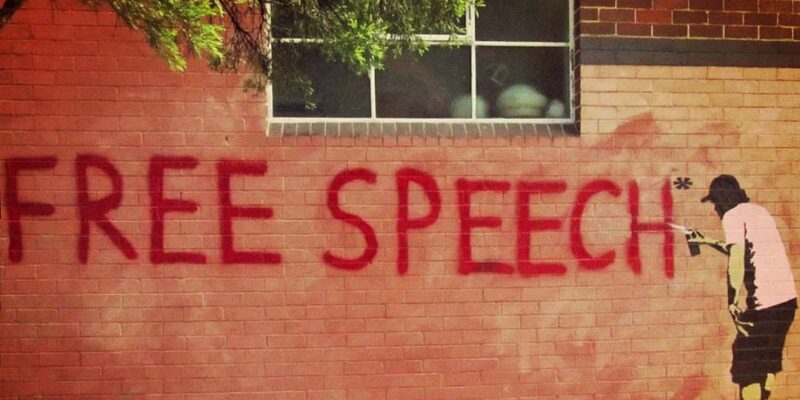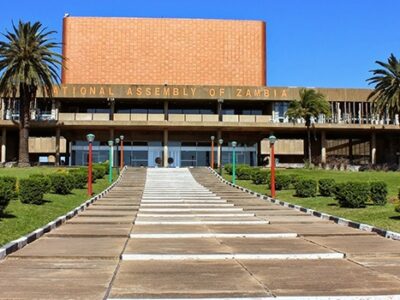Freedom of speech is widely recognised as a fundamental right and moral principle that defines an individual’s freedom of action in a social context.
However, realising this freedom as a practical reality can be complex and challenging, particularly in Zambia.
Free speech must be balanced with other rights, such as dignity, privacy and national security, to prevent harm and ensure responsible use.
The media landscape in Zambia, which includes a mix of state-owned and private outlets, significantly impacts the effectiveness of free speech.
State-owned media often dominate, while private media face intimidation and harassment, affecting their independence and diversity.
Zambia’s historical, cultural, and legal context also shapes the boundaries of free speech.
The country’s constitution and laws, including the Penal Code and the Cyber Security Act, need to be reviewed and aligned with international standards to support a robust free speech environment.
Justice Sunday Bwalya Nkonde, a former High Court Judge, highlighted that the evolution of freedom of expression jurisprudence in Zambia has been uneven.
Read more: How media training can build a resilient culture of free speech in Zambia, by Caren Nambela
In his study, “Judicial Decision-Making and Freedom of Expression in Zambia: The Case of People v. Paul Kasonkomona,” Nkonde emphasized that the judiciary’s approach to freedom of expression should be free from historical biases and prejudices, reflecting true judicial independence.
To foster a flourishing environment for free speech in Zambia, several steps are necessary:
Legal Reforms: Amend or repeal laws that infringe on free speech to ensure they align with international human rights standards.
Support for Independent Media: Encourage and protect independent media outlets to enhance diversity and freedom of expression.
Community-Based Initiatives: Support grassroots initiatives that promote free speech and protect marginalized voices.
Encouraging Diverse Perspectives: Facilitate a platform for varied viewpoints and ensure that all voices, particularly those of marginalized groups, are heard.
Collaboration with Advocacy Organizations: Work with local and international organizations that advocate for free speech and human rights.
By addressing these factors, Zambia can move towards translating the ideal of free speech into a reality that balances individual rights with the common good, thereby strengthening its democracy and fostering an informed citizenry.
WARNING! All rights reserved. This material, and other digital content on this website, may not be reproduced, published, broadcast, rewritten or redistributed in whole or in part without prior express permission from ZAMBIA MONITOR.












Comments